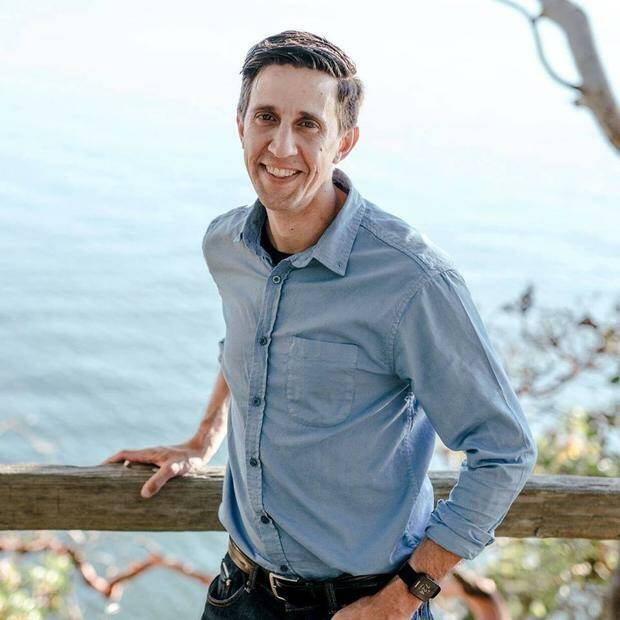by Toby Cooper
Sounder contributor
The first thing you notice is his energy.
“Are you a morning person?” Washington State Rep. Alex Ramel (D – 40th) asked when the Sounder sought a post-primary interview last Wednesday.
Sure, it’s easy to bolt out of bed the day after winning a 75 – 23 percent victory over your Democratic primary challenger, Trevor Smith. Voters in the 40th rallied to give Ramel a decisive win although Smith still qualified for the November ballot.
First appointed and later elected to the seat vacated in early 2020 by Democratic Rep. Jeff Morris, Ramel has become a champion of such priorities as housing affordability, clean energy, reliable ferry service, and reproductive freedom. He will be on the Nov. 8 ballot for reelection.
Ramel graduated from nearby Western Washington University’s Huxley College of the Environment, later serving as President of the Kulshan Community Land Trust – an entity geared, like OPAL, to affordable housing and community development.
San Juan County green activists and the Lummi Nation remember him best for helping to lead the 2016 battle to defeat the proposed Gateway Pacific coal export terminal at Cherry Point. Ramel played a key role, including campaigning to make sure such developments analyzed impacts on the Orca whales.
Today, activism is the hallmark of Ramel’s success as a legislator.
“We have been helping OPALCO gain access to Pacific Northwest National Laboratories – a multi-departmental Federal think-tank and R&D facility housed in the US Department of Energy – to modernize the grid and promote community solar, among other things,” he said. “OPALCO is progressive in its approach to grid-reliability, and I am finding ways to bring them together with the Labs.”
Besides opening the pathways for data exchange, Ramel is ensuring the regulatory framework is in place to support OPALCO’s design for a clean energy future, including lofty goals for eventual electrification of the ferry system.
Recent state law requires local HOA and road associations to incorporate in order to qualify for critically-needed indemnification and commercial liability insurance. Orcas has countless private roads, but road associations are a hodge-podge of volunteers and back-of-the-envelope arrangements.
Ramel previously wrote legislation to “bring uniformity to irrigation districts around the state,” and now sees potential for applying this approach to helping Orcas meet the new requirements.
“We will be bringing the irrigation bill up again,” he said. “This is a concept we can explore.”
Among Rep. Ramel’s prior environmental accomplishments was helping to pass the Move Ahead Washington transportation package that will stimulate investments in climate-friendly transit infrastructure like electric vehicle charging stations and the zero-emissions ferries. In addition, he is prioritizing safe communities by restricting ghost guns and banning guns in places like school board meetings.
Rep. Ramel is keenly aware of San Juan County’s robust and apparently record-setting 2022 tourist season, profitable for some but described as “withering” by others. Is Orcas overly dependent on tourism?
“Diversifying the economy is almost always a good thing,” he said, adding, “but the big thing I would emphasize, based on the challenges faced on the islands, is the impact of automobiles. If we had more visitors with fewer automobiles, we would have a better economy and a better environment.”
Ramel noted that the Move Ahead Washington legislation already encompasses the notion that people can visit places like the San Juan Islands and “not take their cars.”
But this demands an integrated approach.
“People need to see a competitive advantage,” he said. “You have to have cheaper parking on the mainland, reliable ferry reservation systems and service, and, most of all, inexpensive on-island transportation to and from remote Orcas destinations. If all that saves you money, it can work.”




